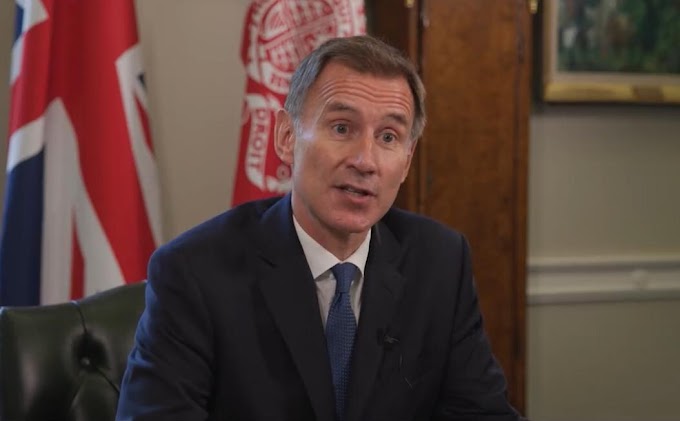The important number is the double-digit inflation rate from last month, which affects millions of people, including retirees and those eligible for state assistance.
The government determines how much pensions and benefits will increase in April each year based on the increase in the cost of living as determined by the consumer price index in September.
Payments will increase by the full 10.1% if the formula is followed, which equates to an increase of slightly over £1,000 per year for someone receiving the full state pension.
It is telling that the government has declined to guarantee a full up-rating this year and is instead debating whether to raise benefits and pensions in accordance with the growth in wages. These are increasing at a 6% yearly rate.
By selecting the less expensive alternative, the Treasury would save billions of pounds and would be in line with the message of austerity that Jeremy Hunt has been hammering home constantly since taking office as chancellor five days ago.
But it would be extremely difficult for some of the UK's poorest citizens, and it would undoubtedly spark political backlash. Given that retirees massively supported Boris Johnson in the 2019 election, Conservative MPs would be especially conscious of the dangers of offending them.
What’s
more, a breakdown of the latest inflation figures from the
Office for National Statistics provides evidence that the highest annual price
rises in 40 years is having a disproportionate increase on the poorest. Poorer
households spend more of their budget on food than richer households, and food
prices have risen by more than 14% in the past year.
There
is some tentative evidence that inflation – while still likely to rise further
in October as a result of higher energy bills – could be close to a peak. The
annual increase in motor fuels dropped from 32.1% to 26.5%, reflecting lower
global oil prices. Producer prices, which give an indication of the prices
consumers may face in the months to come, also eased back slightly.
The fact that annual core inflation increased from 6.3% to 6.5% in September was less encouraging. Annual core inflation measures price increases for goods and services excluding gasoline, food, alcohol, and cigarettes.
Despite Hunt's about-face on tax rises, the Bank of England's monetary policy committee appears set to boost interest rates from 2.25% to 3% when it meets next at the beginning of November. This is because the Bank of England is extremely sensitive to changes in core inflation.






Inflation is like a rolling stone, the more measures are not properly put in place to butter it, the higher its effect becomes unbearable!
ReplyDelete